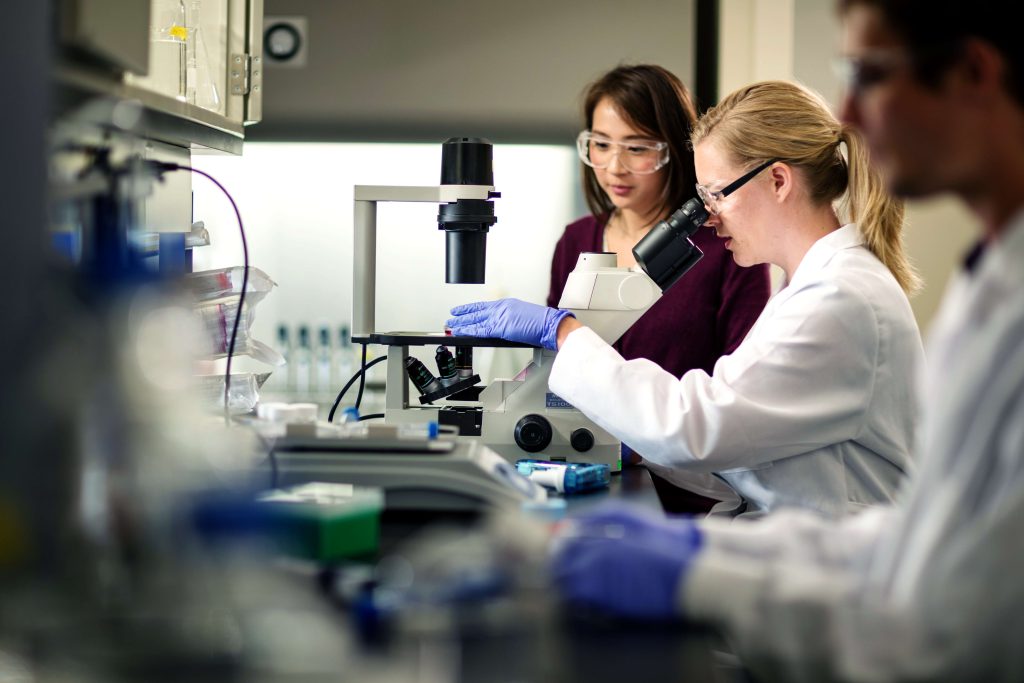The Reproductive Biology Research Program is a pioneering initiative dedicated to unraveling the intricacies of human reproduction. It is a testament to our unyielding curiosity and commitment to understanding the very essence of life’s precious beginning. In a world where the mysteries of conception, pregnancy, and childbirth continue to awe and inspire, this program strives to shed light on the enigmatic processes that govern the creation of new life. Reproductive biology is a multifaceted field that delves into the fundamental mechanisms governing human reproduction. It encompasses a wide array of topics, including fertility, contraception, assisted reproductive technologies, genetics, and prenatal development. The study of reproductive biology is crucial not only for advancing our scientific knowledge but also for addressing critical issues such as infertility, reproductive health, and maternal-fetal well-being.

Unlocking the Mysteries of Conception
At the heart of the Reproductive Biology Research Program lies the quest to unlock the mysteries of conception. Conception marks the inception of a new life, where a single sperm cell fertilizes an egg to form a zygote. This miraculous event, fraught with complexities, holds the key to understanding the very essence of human existence. Researchers within the program focus on elucidating the intricacies of sperm-egg interaction, the role of hormones in the menstrual cycle, and the formation of the blastocyst, which is the first step in embryonic development. By understanding these processes at a molecular and cellular level, the program aims to uncover new strategies for improving fertility, addressing infertility, and enhancing contraceptive methods and go now.
Prenatal Development and Maternal-Fetal Health
The Reproductive Biology Research Program extends its reach to the early stages of pregnancy, embarking on a journey through the intricate processes of prenatal development. This includes the formation of embryonic and fetal structures, placental development, and the establishment of critical physiological and anatomical features. Researchers within the program investigate the factors that influence prenatal development, ranging from genetic variations to environmental influences. Furthermore, the program places a strong emphasis on maternal-fetal health. The health and well-being of expectant mothers play a pivotal role in the development and growth of the fetus.
Assisted Reproductive Technologies
In our modern world, where fertility issues are on the rise, the Reproductive Biology Research Program addresses the urgent need for innovative solutions. This program constantly investigates and refines these technologies, striving to improve their success rates and reduce associated risks. By optimizing the methods and techniques involved in ART, researchers aim to help couples achieve their dreams of parenthood. Researchers strive to unravel the interplay between maternal nutrition, lifestyle, and environmental factors in shaping the health and future of the unborn child.
The Reproductive Biology Research Program stands as a beacon of hope, curiosity, and innovation. By focusing on the intricacies of human reproduction, from conception to childbirth, it provides a comprehensive understanding of the delicate processes involved in bringing new life into the world. This knowledge is not only a source of inspiration for scientists and healthcare professionals but also a wellspring of hope for individuals and couples who seek to experience the joy of parenthood.